With less than 10 years left to achieve the UN Sustainable Development Goals (SDGs), Open Science is often deemed as an accelerator and enabler of sustainable and innovative solutions. In this context, what role should universities play in promoting Open Science? How can universities and researchers capitalize on Open Science in a bid to the SDGs?
In response to these issues, the 4th WLA University Presidents Forum, co-hosted by Zhejiang University (ZJU) and World Laureates Association (WLA), kicked off in Shanghai on November 1st, in which the forum gathered presidents and distinguished scientists from leading universities across domestics and overseas, including Tsinghua University, Peking University, Fudan University, Zhejiang University, Harbin Institute of Technology, the University of Bristol, Université Paris-Saclay, Stanford University, Rockefeller University and Hebrew University of Jerusalem.
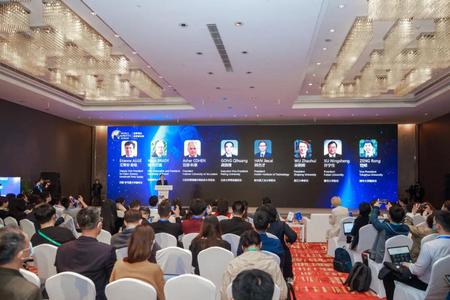
As part of Z4G, Zhejiang University’s sustainability action plan, the Forum featured two sessions, where the participants shared their insights into the pathways towards Open Science for the SDGs and examined major challenges met by research universities in the endeavor from concept to practice.
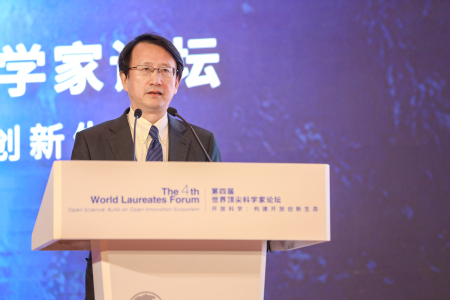
Professor Zhaohui Wu, president of Zhejiang University, highlighted in his address the urgent need for research universities to embrace Open Science across their practices to expedite the achievement of SDGs. “More importantly than ever, we need to engage in advocacy to build societal consensus and forge a supportive culture,” he said, ‘ZJU is bridging the last mile between lab findings and real-life applications and enforcing international collaboration’.
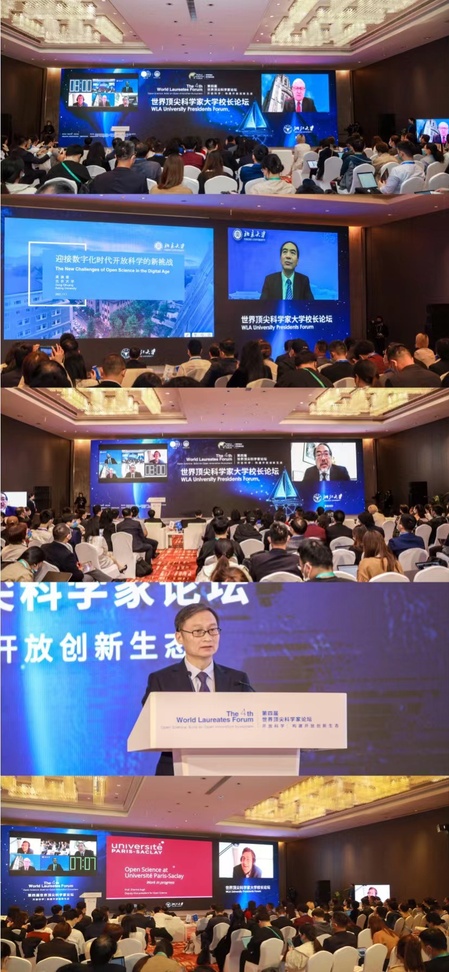
The presidents and scientists who attended the Forum all agreed that sustainable development is faced with a myriad of unsolved problems and challenges, which cannot be viewed in isolation nor solved by a single individual or entity. Open Science is emerging as the parliamentary approach to address them. As the advocate and backbone of Open Science, universities, particularly research-oriented universities, should play a leading role in advancing Open Science in multiple aspects ranging from consensus guidance, mechanism construction, policy design to public communication.
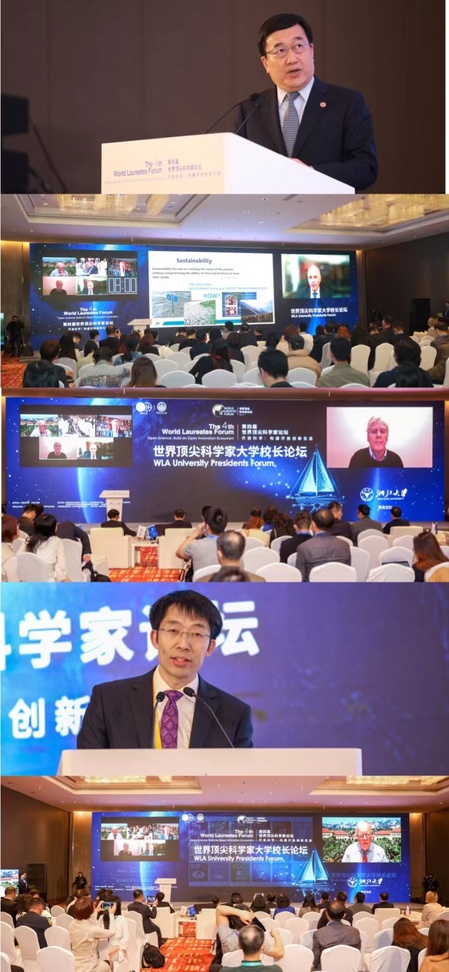
It is reported that the proposal of the Recommendation on Open Science will be put forward for adoption by UNESCO’s General Conference during its 41st session to be held from Nov. 9 to 24, 2021. It will be the first international standard-setting instrument on Open Science.
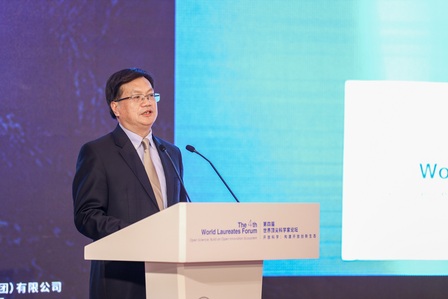
Shanghai Institute for Advanced Study of Zhejiang University (SIAS) participated in organizing this entire sub-forum from beginning till the end. During the opening remark, Dr. Ruhong Zhou, Dean of SIAS addressed that, the rise of Open Science is transforming scientific practice, driving innovation and enhancing cross-disciplinary collaboration. SIAS is proactively applying the concept and practice of open science, and is actively promoting the interdisciplinary, Industry-Academia-Research Collaboration, and international cooperation centering around computing +

